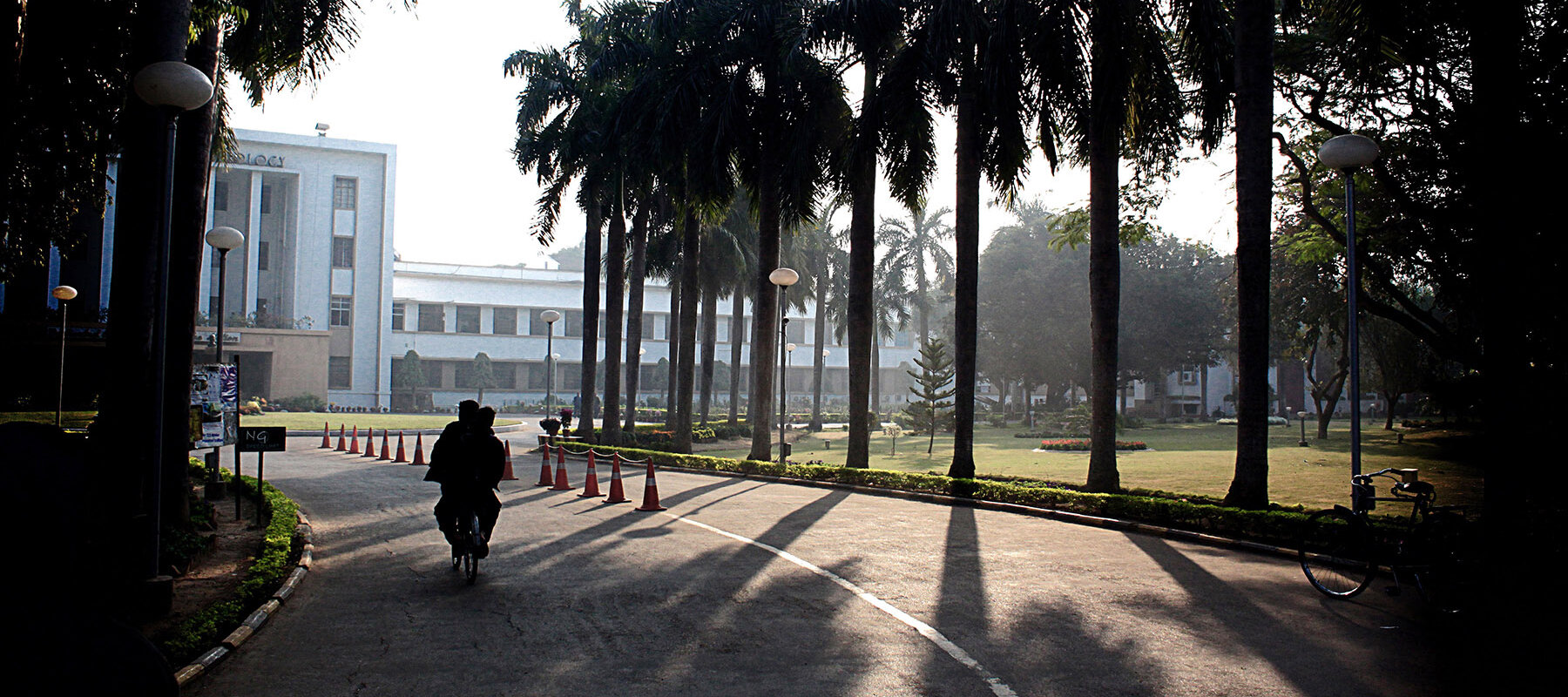Lehigh is expanding its network in India with two new university partnerships, one with the Indian Institute of Technology Bombay (IIT Bombay) in Mumbai and the other with the Indian Institute of Technology Kharagpur (IIT Kharagpur).
The Indian Institutes of Technology are considered the top public technical and research universities in India. They were first established to train scientists and engineers following Indian independence in 1947. There are now 23 IITs throughout the country, each operating autonomously; IIT Kharagpur (founded in 1951) and IIT Bombay (founded in 1958) are the oldest.
These new partnerships promise opportunities for faculty and student exchange and broaden Lehigh’s geographic reach in India, the second-largest country in the world. Ashoka University, a partner since 2017, is in the North Indian state of Haryana, near New Delhi. Kharagpur is in eastern India and Mumbai is on the west coast.
Faculty Collaboration Grows Into Institutional Partnership
Both new partnerships began with individual faculty champions. For several years, Ganesh Balasubramanian, associate professor of mechanical engineering and mechanics at Lehigh, has collaborated on research in the areas of data-informed computational engineering with Somnath Roy, associate professor of mechanical engineering at IIT Kharagpur. Balasubramanian has also guest-lectured at Kharagpur and co-supervised Ph.D. students with Roy. As their collaboration grew, he saw an opportunity for Lehigh.
“IIT Kharagpur is one of the oldest and best technical universities in India,” Balasubramanian says. “It could provide a good foothold to recruit graduate students and increase Lehigh’s visibility in the country.”
In June 2020, Lehigh and IIT Kharagpur signed a Memorandum of Understanding (MOU) that laid the groundwork for the two institutions to establish joint research, joint/dual degree programs, exchange programs for undergraduate and graduate students, and faculty and academic collaboration.
Balasubramanian is now piloting a year-long undergraduate research program in which students and faculty from both universities work collaboratively on a shared project over the course of a year. The Lehigh-IITKgp Collaborative Undergraduate Research Experience, or CURE, launches in spring 2021 with two students from Kharagpur and two from Lehigh. Over the summer, the Lehigh students will travel to Kharagpur and vice versa to continue their research at the foreign university. The students will conclude the project in the fall, earning academic research credit.
The first group of CURE students will research plastics recycling with PlasTech Ventures, an ongoing faculty-guided, student-driven project through Lehigh’s Office of Creative Inquiry that aims to provide income opportunities for women in the Philippines by building a community-based, micro-recycling facility.
“The project will leverage ongoing efforts in the PlasTech project under the Global Social Impact Fellows and Mountaintop Summer Experience,” says Balasubramanian. “I am a mentor of the PlasTech team as well. The students at IIT-Kgp will primarily provide computational modeling of the molten plastic upcycling process and predictions of mechanical properties.”
In addition to their research, the students will prepare quarterly reports and scholarly publications and pursue opportunities to present their work at national and international conferences. This first project comes from Balasubramanian’s longstanding collaboration with Roy involving computational engineering and energy, he sees potential for faculty collaboration beyond the P.C. Rossin College of Engineering and Applied Science.
“Faculty in any relevant department that has alignment with Kharagpur can propose a research project,” he says.
An Alumnus Finds New Opportunities with His Alma Mater
The connection with IIT-Bombay began with Mayuresh Kothare, the R. L. McCann Professor and Department Chair of Chemical and Biomolecular Engineering at Lehigh.
Kothare, who graduated from IIT-Bombay in 1991, had been invited by a student group there to present at AZeotropy, the university’s chemical engineering symposium. Then, earlier this year, he received the university’s Distinguished Alumnus Award. On his second visit, Kothare began talking about a joint master’s degree with the chair of IIT Bombay’s chemical engineering department. Discussions followed with Stephen P. DeWeerth, dean of the P.C. Rossin College of Engineering and Applied Science.
The new partnership will allow for the sharing of best practices and expertise in engineering and technology. Participating students and faculty from Lehigh and IIT-Bombay will come together for joint studies, research and training activities, and other educational programs.
Potential areas of opportunity include molecular modeling and catalysis, civil and structural engineering, microscopy and materials science, industrial engineering and technical entrepreneurship.
The partnership sets the stage for a joint degree program and cooperation with the IITB Research Park. During the pandemic, Lehigh and IIT-Bombay will maintain their professional links through virtual and online modes.
Lehigh Provost Nathan Urban, senior vice president for academic affairs, and Professor Subhasis Chaudhuri, director of IIT-Bombay, signed the Memorandum of Understanding and Student and Scholars Exchange Program Agreement on Thursday, December 17, in a virtual gathering of leaders from the two institutions.
Founded in 1958, IIT-Bombay is a globally ranked technical and research university in Powai, a northern suburb of Mumbai, India. Among its academic divisions are departments that are focused on aerospace, chemical, civil, electrical and mechanical engineering.
“We’re really excited about this partnership,” Urban said at the signing.
As Lehigh broadens its global reach, he said, IIT-Bombay will be an important partner in that endeavor, given the quality of its programs and the reputation of its graduates. He said he looked forward to broadening the academic connections that were initially made between the faculty of both institutions.
Cheryl Matherly, vice president and vice provost for international affairs at Lehigh, reflected on the origins of the agreement.
“These kinds of agreements,” Matherly said, “begin with relationships with our faculty, who are forward-thinking enough to help these become institutionalized.”
Photo of Insti Gate at IIT-Kharagpur by Neetesh Gupta, shared with Creative Commons BY-NC-SA 4.0 license.
